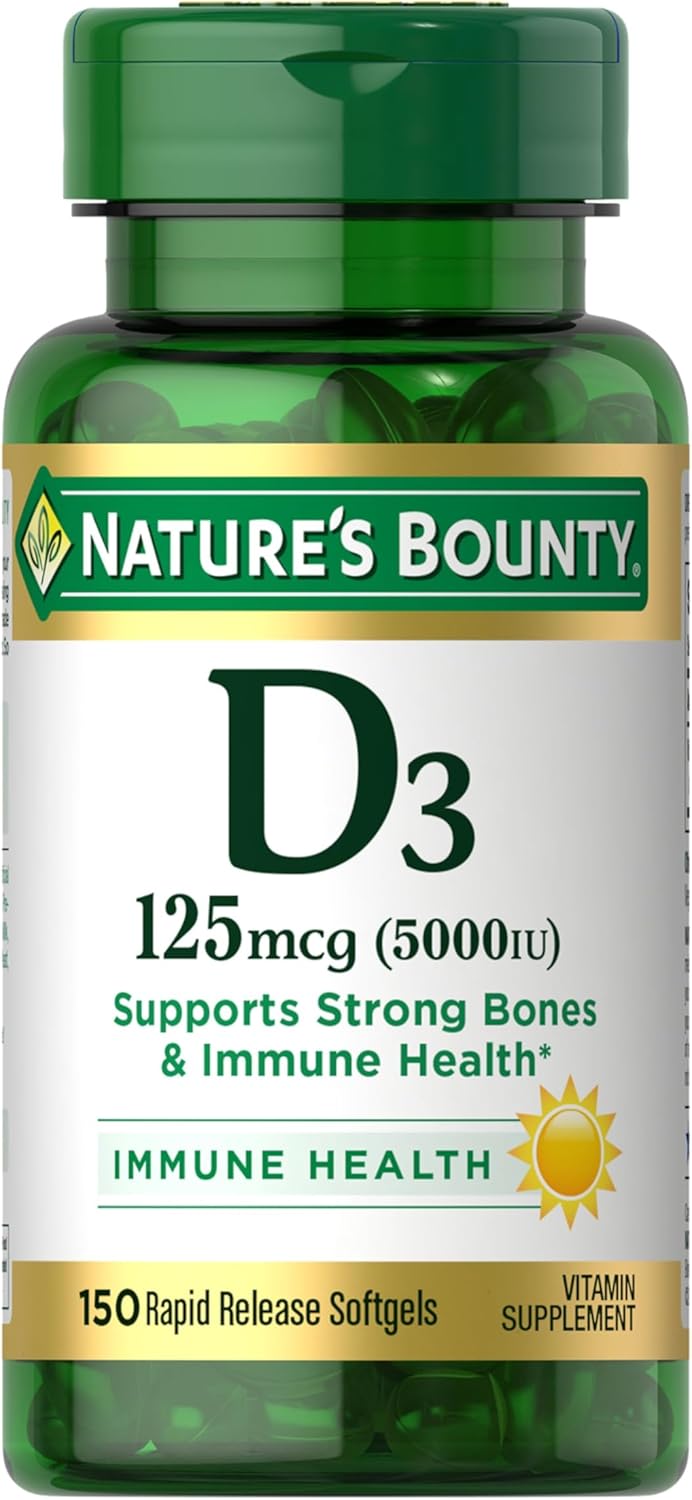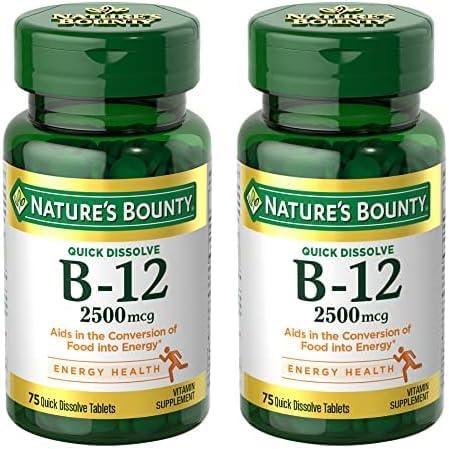Vitamin D and Mental Health: Real Connection or Just a Sunshine Myth?
Vitamin D, commonly known as the “sunshine vitamin,” plays a surprisingly powerful role in mental health. While it’s widely recognized for supporting bone health, recent scientific studies have shown that vitamin D also significantly influences mood regulation, stress response, and overall brain function.
☀️ Primary Source and Role in the Body
Your body naturally produces vitamin D when exposed to sunlight. It’s also found in fatty fish, egg yolks, liver, and fortified dairy products or supplements. Once absorbed, vitamin D acts more like a hormone than a vitamin, influencing calcium absorption, immune function, and—crucially—neurotransmitter activity.
It’s been shown to affect serotonin and dopamine—key mood-regulating chemicals that play a major role in happiness, motivation, and emotional balance.
🔬 What Does Research Say?
Numerous studies have found a link between low vitamin D levels and mood disorders, particularly depression and anxiety. One study published in the Journal of Affective Disorders found that people with vitamin D deficiency were up to 11 times more likely to experience depressive symptoms.
In low-sunlight regions like Canada or Scandinavia, Seasonal Affective Disorder (SAD) is much more common. Treatment with light therapy and vitamin D supplementation can significantly reduce symptoms.
However, while some research supports the use of vitamin D supplements for improving mood, results have been mixed. This suggests individual factors—such as genetics or baseline deficiency—play a role in determining effectiveness.
⚠️ Signs of Deficiency and How to Supplement
Common symptoms of vitamin D deficiency include low energy, depression, irritability, and anxiety. A simple blood test can help determine your vitamin D status. Levels below 30 ng/mL are considered insufficient.
For most adults, daily supplementation of 1000–2000 IU is safe and effective. Severe deficiency may require higher doses prescribed by a doctor. Over-supplementation can lead to excess calcium in the blood, so it’s important to avoid self-medicating.
Vitamin B12 and Mental Health: The Hidden Deficiency Behind Brain Fog and Low Mood
Vitamin B12 (cobalamin) is essential for neurological health, energy metabolism, and the formation of red blood cells and DNA. But beyond these physical roles, its impact on mental well-being is often underestimated.
🧠 B12’s Role in Brain Chemistry
B12 helps build the myelin sheath around nerve cells and is involved in the production of serotonin, dopamine, and norepinephrine—neurotransmitters that regulate mood, motivation, and focus. A deficiency can disrupt these processes, leading to symptoms like brain fog, depression, anxiety, memory loss, and even hallucinations in severe cases.
📉 Who’s at Risk?
-
Vegans and strict vegetarians (B12 is only found in animal products)
-
Seniors, whose ability to absorb B12 decreases with age
-
People with digestive disorders like Crohn’s or Celiac disease
-
Those on long-term medications like metformin or antacids
🧪 What Research Shows
Several studies have linked low B12 levels with major depressive disorder. A study in BMC Psychiatry found that B12 supplementation improved mood in people who were deficient and enhanced the effectiveness of antidepressants.
In older adults, B12 deficiency has been associated with cognitive decline and increased risk of dementia. Early supplementation can help prevent long-term damage.
💉 How to Test and Supplement
Symptoms of B12 deficiency include fatigue, tingling in hands/feet, poor memory, and low mood. A serum B12 test can confirm levels; under 200 pg/mL is considered deficient.
B12 is available as oral tablets, sublingual drops, or injections. In cases of absorption issues or severe deficiency, injections are preferred. Preventive doses range from 250–500 mcg daily, but therapeutic doses should always be determined by a healthcare provider.
❓ Top 10 FAQ About Vitamins and Mental Health (Structured for Schema & SEO)
-
Can vitamin D improve symptoms of depression?
Yes, particularly in people with low baseline levels. Studies show a significant mood-lifting effect in those with deficiencies. -
How do I know if my vitamin D level is too low?
Symptoms include fatigue, irritability, and low mood. A blood test can confirm your levels. -
Can I get enough vitamin D from sunlight in Canada?
Not always. Due to the northern latitude, especially in winter, supplementation is often necessary. -
What’s the best time of year to take vitamin D supplements?
Fall through spring, especially during months with limited sun exposure. -
Is vitamin B12 deficiency common in young people?
Yes, especially among vegans, vegetarians, or people with poor absorption. -
Can low B12 levels cause anxiety or panic attacks?
Yes, B12 is involved in regulating the nervous system, and deficiency can trigger or worsen anxiety symptoms. -
Are B12 injections better than pills?
In cases of absorption issues, yes. Otherwise, high-dose oral forms can be just as effective. -
Should I take both vitamin D and B12 for mental health?
If you’re deficient in either, yes. Both play complementary roles in brain health. -
Can I take too much vitamin D or B12?
Vitamin D in high doses can be toxic. B12 is generally safe even at high doses, but still best under medical supervision. -
How long does it take for vitamin supplements to affect mood?
Typically 2–4 weeks, depending on the severity of deficiency and the individual’s overall health.




